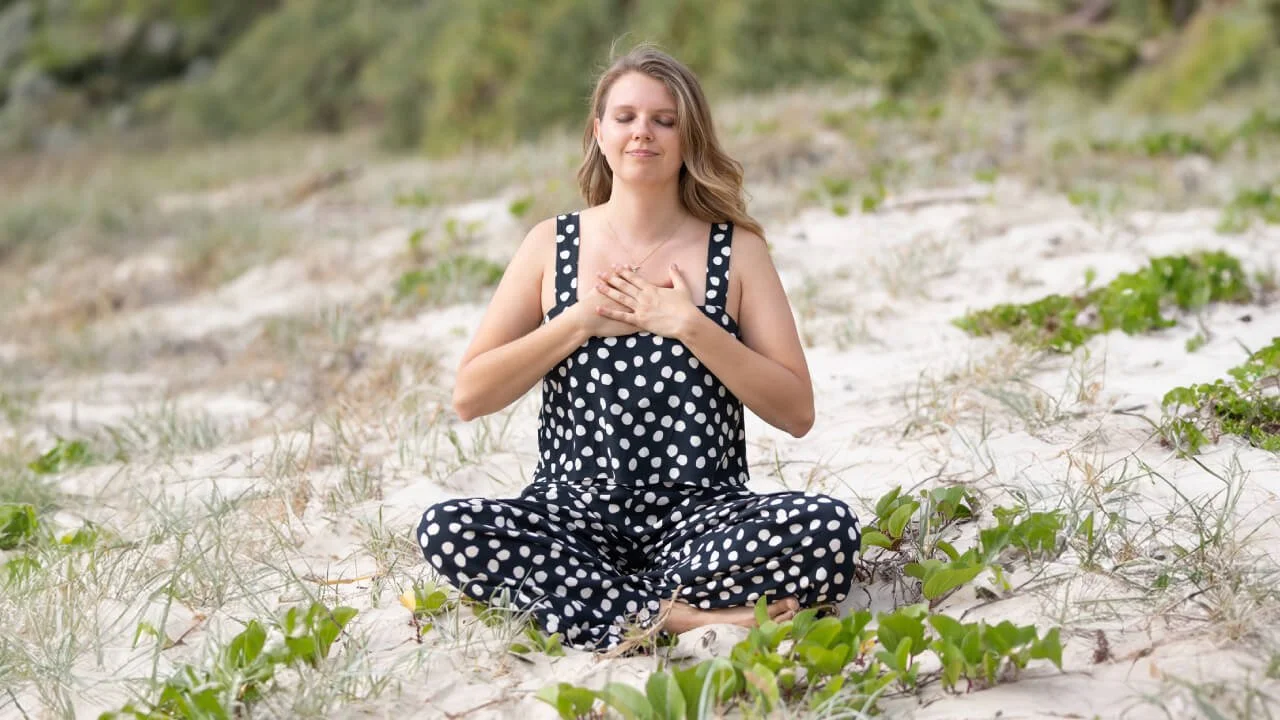How Meditation and Mindfulness Can Help Ease Stress & Build Resilience
Modern life can easily become overwhelmingly busy for many of us. Our to-do lists are ever-growing, the media is competing for our attention, and the pace of life can often feel rushed. We must be mindful of creating the space to slow down and simply be present.
Meditation has been practised by humans for many thousands of years. It is unclear when exactly our species began to meditate, but the earliest records go back to around 1500 years BCE. From Vedic and Hindu to Taoist and Buddhist schools, meditation has been an integral part to many belief systems. In 20th century Western cultures, meditation has on occasion been associated with some negative connotations and stigma. However, over the last two decades we have seen a renaissance of interest in the practice, with mindfulness meditation being at the forefront. Increasingly, people are looking for ways to find balance amongst the stressors of modern life.
Stress is something that many of us experience regularly. It is a physical, emotional, or mental reaction to a situation that is challenging for us. It could be when we’re at a job interview, managing the different demands of family life, or trying to finish multiple projects before their due date.
Evolution has always focused on us moving toward what is good for us and away from what is bad. When our body is overwhelmed with the demands placed on it, our physiology responds by bringing us into the sympathetic fight, flight, or freeze response. This was useful when we were fighting off predators, as it allowed us to move toward survival. However, in our modern life, this response can be triggered in situations that are not about life or death. It could simply be a certain word in conversation, a sudden sound, or getting up on a stage for public speaking, that ignites our sympathetic response.
Our amygdala, part of our limbic system responsible for memory, emotion, and decision-making, triggers the stress response. Two key hormones associated with stress, cortisol and adrenaline, are produced, leading to physiological changes. We can notice stress in the body through our heart rate increasing, our breathing becoming shallower, our palms sweating, or perhaps our chest tightening. The amygdala also restricts information from travelling to the prefrontal cortex, the part of our brain associated with executive functioning, attention, and emotional regulation. The stress makes it harder for us to think and behave in rational ways.
Stress is one of the biggest causes of disease and chronic health problems. So how can we equip ourselves to deal with stress better?
Meditation is one way for us to move into a parasympathetic rest and digest response. After meditating for a few minutes, our physiology starts to respond differently: our breathing becomes slower and deeper, our heart beats slower, and the cortisol and adrenaline production reduces. It is easier for us to think and make decisions from this place. It’s also interesting to note that our amygdala reduces in size in regular meditators, also helping us to better manage our stress response.
So, what part of our body is responsible for this autonomic regulation? The key component of this is the vagus nerve. An area of our body that is shaped by early childhood experiences, as this is when it was developed. It connects our brain with the gut (as well as other organs such as the heart, liver, and lungs), a connection that is also known as the gut-brain axis. The vagus nerve facilitates bi-directional communication between the gut and the brain and interestingly over 80% of the signals originate in the gut, rather than the brain. Therefore, when we are experiencing stress for a prolonged period, it can influence both our moods, and mental health, but also our immune system, and digestion.
By practising meditation, you can help to foster good health, by training your mind for a resilient nervous system response. It is not about avoiding the stress altogether but about the balance and recovery between the sympathetic and parasympathetic responses. What’s even better is that by regulating our own nervous system, we can help to co-regulate others. When we’re in the presence of someone who has a well-regulated nervous system, it can help us to self-regulate and find balance in ourselves.
How does meditation work?
Meditation in its essence is about focusing our attention on an object. Depending on the type of meditation, the object could be the breath, the body, a mantra, compassion, or a point in the room that you’re in. Meditation is not about suppressing our thoughts or having no thoughts at all. It is about keeping our attention on an object, and when we notice our attention shifting elsewhere – bringing it gently back to the object of focus. It is a continuous practice to train our minds to become more present.
By noticing mind wandering and re-directing our attention when we have become distracted, we can increase our mental flexibility and willpower – helping us to become more resilient. Our brain is capable of neuroplasticity, which means that it continues to evolve in response to our experiences. We can create new neural connections, opening the pathway for neurons to be rewired. We can change our habitual behaviours over time, allowing new pathways to form, with the change becoming part of our physiology.
In our sessions at Reconnect Space, you can expect mindfulness and meditation to be part of the process. This might involve starting the session with a short meditation, using mindfulness as we work with art materials, or closing the session with a meditation.
